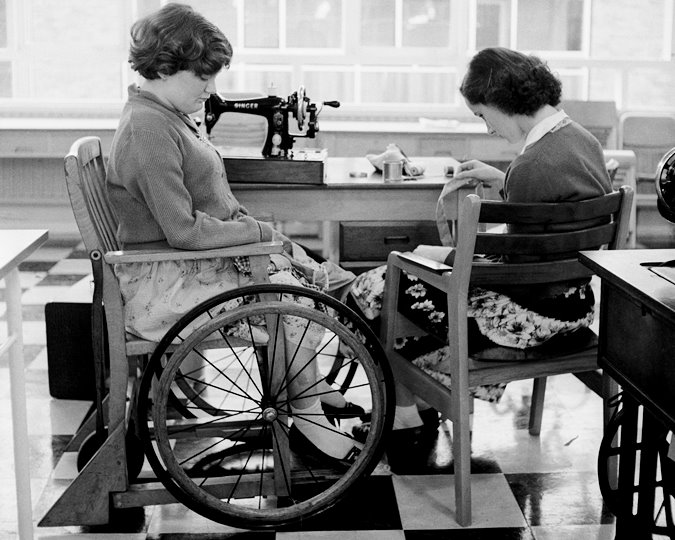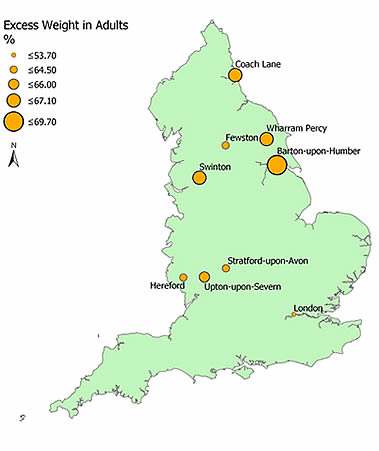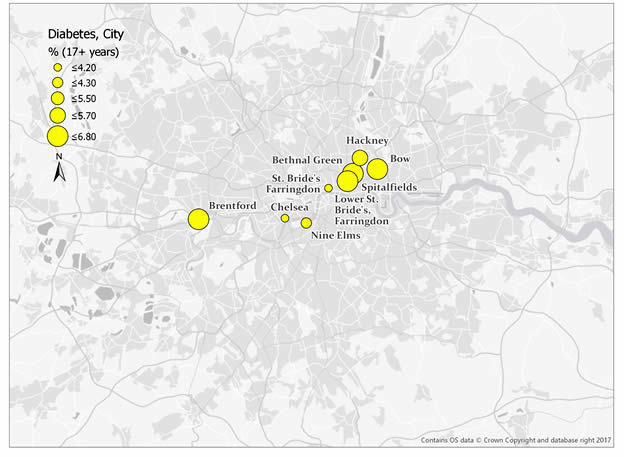Obesity and mass consumerism
The price of sugar dropped considerably as the new agro-industry of sugar production grew during the 17th century.
The reason that sugar became so much cheaper, however, was sinister: cheap production relied on human exploitation and the slave trade. New colonial mercantile endeavours, based on slave exploitation and sugar plantation expansion in the Caribbean, ensured that the retail price of sugar was halved between 1630 and 1680.
London was a primary location for sugar imports and the slave trade had a significant impact on the way London’s docks and infrastructure were shaped at the time. More can be learnt about this at the Museum of London Docklands exhibition on London, Sugar and Slavery.
What we eat, how we shape our bodies and wider economic trends are all interlinked. You’ve probably heard of the phrase ‘You are what you eat’, a phrase coined by American dietician Victor Lindlahr in the 1930’s in recognition of the link between diet and health, both physical and mental.
Now we are starting to recognise that fat is a societal problem. Before industrialisation, the majority of the population lived in more rural towns and villages and grew a good proportion of their own food. Because we now exist in an economic system that requires us to work a set number of hours to earn money to pay for consumables and household bills, our occupations often dictate our lifestyles and diets. Instead of obesity being an entirely personal responsibility, Sidney Mintz suggests that ‘we are made into what we eat through forces of consumption and identity’.
Today, we see a reverse in trends in how populations in Britain experience obesity and this again is linked to modern patterns of consumerism. Obesity is now more common in low status groups and is closely tied to a higher consumption of sugary drinks as well as fast food and processed foods common in supermarkets.
As foodstuffs become more common, they become less desirable to social elites and invariably mass-produced foods become the mainstay of the less well-off. London now has much lower rates of adult obesity and diabetes than other less wealthy urban settlements.
Areas of higher socio-economic depravation within the city also suffer from higher levels of diabetes linked to excess weight.
This occurrence of obesity linked to consumer and lifestyle behaviours in low status groups has been referred to as the ‘Metabolic Ghetto’ and is not only a learned behaviour in the social environment but also passed on genetically over generations (foetal programming). Maternal nutritional deficiencies can cause the biological inability of a person to tolerate metabolic overload before they are even born.
Next: Fat and social identity










